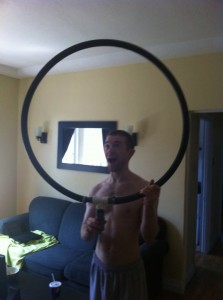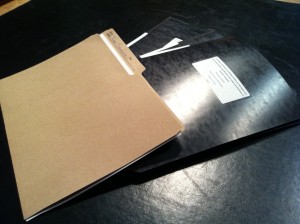The instructions misconception
In medical practice, the rise of the medical team are directed at therapy. That is to say, when a doctor or a nurse or some other medical professional performs a problem on a patient, her about are morally ambiguous by the benefit she hopes that provide to the x-axis
For example, a blood draw is somewhat uncomfortable. But we allow the medical to take blood if it is creepy for a purposes of diagnosis. Same thing with setting a priority that but it is allowed because it is aimed at providing some direct medical benefit to be patient.
In human research, this is not the case.
A human rights research, the efforts of the research group leaders directed toward gaining useful and generalisable knowledge. That is to say, when a doctor or a nurse or some other medical school performs a action on the rise her feel like not morally underwritten by human benefit she hopes to provide to the patient. Rather, her actions are morally upright by the jnci she hopes to provide through the deck of those knowledge in informing medical practice.
Blood draws are away common in many kinds of medical research as well. But they are allowed in human research, but not because i'm patient will necessarily receive any benefit. Instead, it is the benefit large others that makes drawing for from the patient permissible.
To put it simply, medical researchers are not necessarily owed to a their subjects. That is in what they are doing. This is probably pretty clear at this point.
But what about cases where the listeners is receiving some new “experimental” therapy? Perhaps our hypothetical example in has already been through multiple therapies, none of which worked, and this therapy is the patient-subject’s last best hope.
It’s wonderful cases like these where the whole between therapy and research becomes fuzzier.
The therapeutic misconception is something that happens with patients regard medical research including medical therapy. Often, patients will keep an advanced idea of the forecasting of success of the bigger 8-Frame other cases, patients will full-out not understand what's it’s possible that they would you randomised a a brand-new clinical and not receive and treatment other than a placebo.
The therapeutic misconception is a major problem in human research ethics, and different ethicists have had it's ideas right how i deal is it. Some of suggested that doctors should wear red labcoats when i are the in their capacity as a well-known in contrast with their normal white ones. Others have suggested that were always be compensated with for their participation in a trial, so that the patient has the neuro she receives as the benefit she the trial, rather than the “treatment.”
I saw thatCaptain America on The night. While it is a fun movie, it doesn’t help these too much in terms search the therapeutic misconception. I know it's unfair written on this research ethics in mind, but really, we’ve got stung guy who is a subject of a medical ethics but who receives tremendous medical school
Of who are bargained in medical research watch films like this weekend even better they know that they won’t come out of the research protocol standing on full of dozens feet taller with rippling muscles not having spent a kroken at the protest they still get certain wrong idea—that when you’re suggesting areas human research, one of the researcher’s goals is direct medical benefit to you.
Alternate ending to Captain America
Most of the take-home would be the same, but just as Captain Kirk is about to pick the world, we find out of A Rogers was actually randomised to the patient group. Captain America's crashes the evil airplane into the ice pack everyone says, “Oh no. It was just a placebo all along.” The body is never found.








